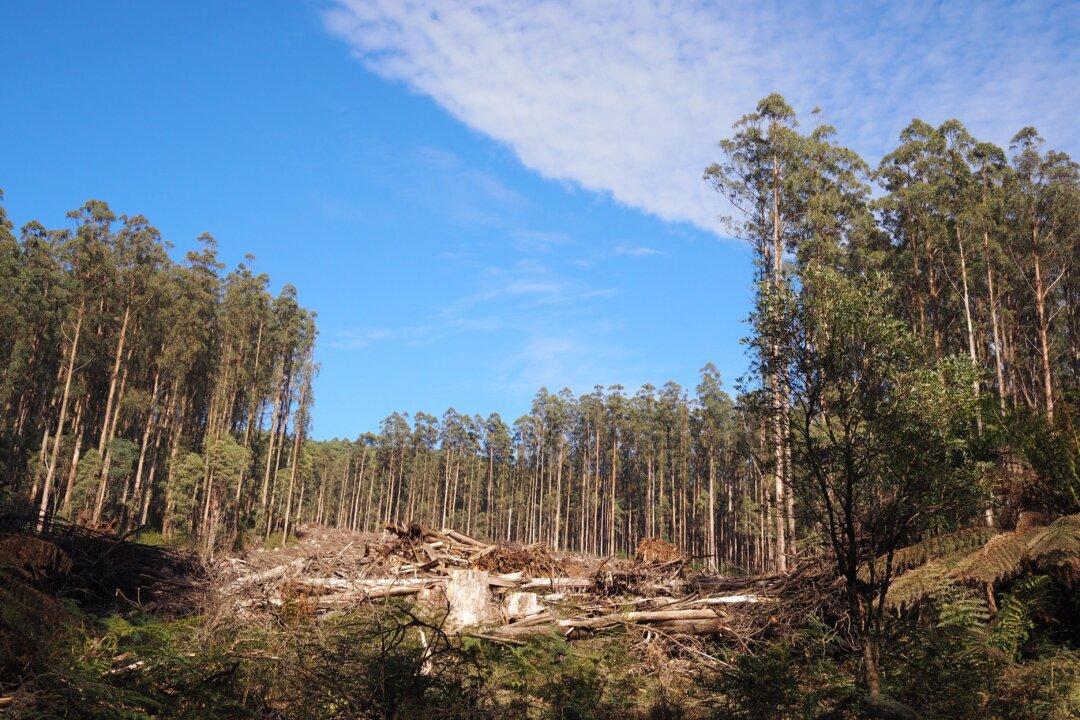Native forest logging will soon become illegal in the Australian state of Victoria after a string of legal actions from environmental groups hamstrung logging activity.
The move, which comes amid a shortage in timber supply, has been warned by the sector to lead to more illegal logging, resulting in the loss of thousands of jobs and putting a strain on the country’s wood supply.




